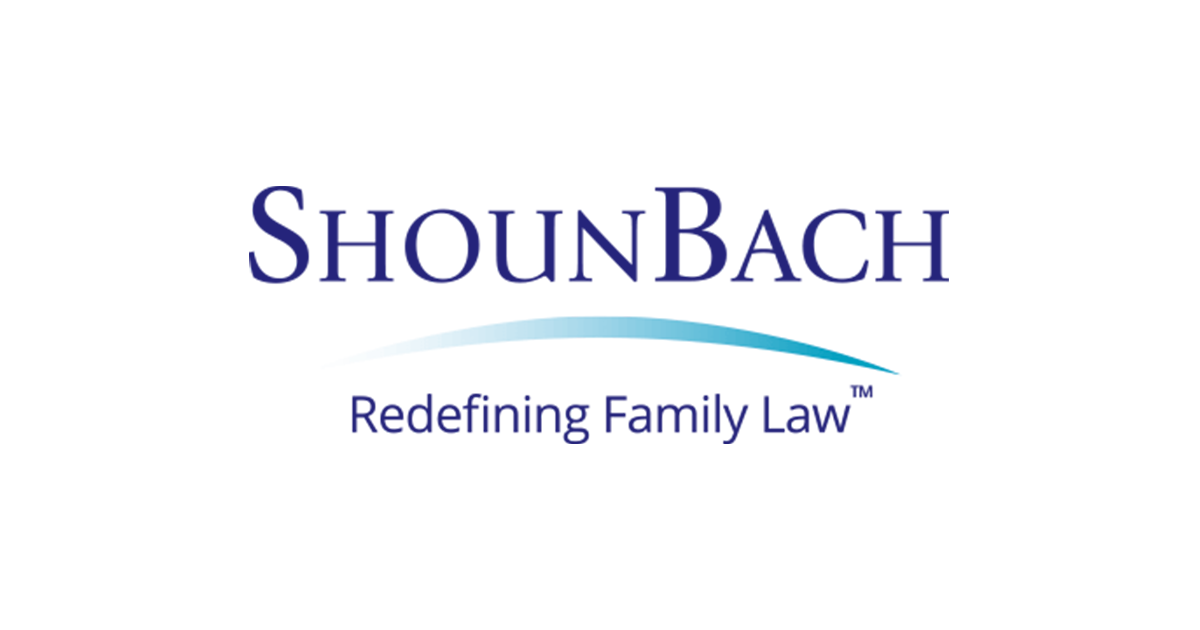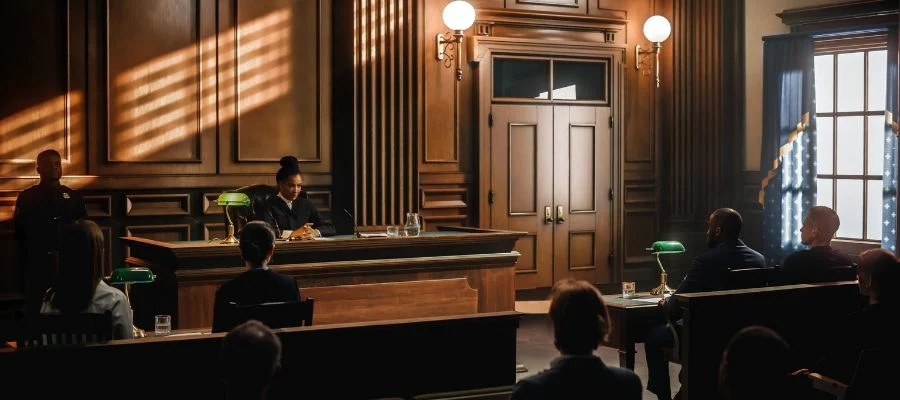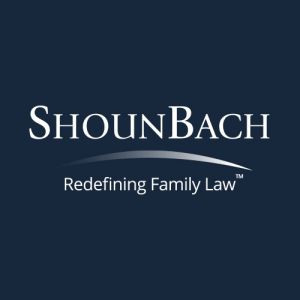What is Considered Separate Property in a Divorce?

In a Virginia divorce, assets will be classified as marital or separate before they are divided. Valuation of assets, including the marital residence, investment properties, bank accounts, business interests, as well as any jewelry, furniture, artworks, vehicles, or other personal property owned by both or either spouse is required for “equitable distribution” by the court. Virginia is not a community property state: the court makes an equitable distribution of property, which is not necessarily an equal division.

Marital Property vs. Separate Property
Property acquired before the marriage or after the date of last separation, property acquired in an inheritance or gift by a third party, or property acquired with proceeds from the sale of separate property is separate property. Marital property is that which is not separate: property acquired during the marriage; property that is partly separate and partly marital in nature; or where title is held by both parties. Depending on the circumstances, property may lose its separate character, or become partly marital, when it is re-titled jointly or is commingled with marital property.
Ownership of Business Interests
Business ownership is not always considered separate property by divorce courts in Virginia. Even if the business was founded before the marriage, it may be partly marital property. The classification will depend on the spouses’ efforts in the business before and during the marriage, and any change in value in the business during the marriage.
Rules of Equitable Distribution
Virginia’s divorce laws provide for an “equitable distribution” of property between spouses at time of that a marriage is terminated. The court will consider the monetary and non-monetary contributions each party has made during the marriage. A Virginia court will consider the following when dividing marital property between divorcing spouses:
- Contributions, monetary and non-monetary, of each party to the well-being of the family;
- Contributions, monetary and non-monetary, of each party in the acquisition and care and maintenance of the marital property;
- Length of marriage;
- Age and physical and mental health of each spouse;
- The factors and circumstances which led to the breakdown of the marriage;
- How and when property was acquired;
- Debts and liabilities of each spouse;
- The liquid and non-liquid character of the property;
- Tax consequences to either party;
- Waste or dissipation of assets;
- Other factors that the court believes appropriate to consider to reach a fair and equitable result.
In most Virginia divorce matters, future income and assets are generally not included in the equitable distribution of property at time of divorce. Pension and retirement fund investments are an exception to this rule. These assets are divided, taking into account the portion that was accumulated or earned during the marriage. Divorcing parties can enter into a private agreement or “separation agreement”, allowing for division of property, which will be approved by the court in an uncontested case. An attorney at law can assist in drafting a separation agreement for division of complex financial issues, protecting both parties in the process.
Equitable Distribution Procedure
Virginia courts follow specific procedures for the division of marital assets in a divorce proceeding.
Current “fair market value” (FMV) at the time of the final hearing is the benchmark used by Virginia courts in valuation of marital and separate assets. The tools used in valuation of assets include real estate appraisals, NADA values for cars, industry financial reporting of stocks, bonds, mutual funds and other investment products, and the expert opinion of business valuators for the value of business interests. Virginia courts have the ability to take into account dissipation or waste of marital assets, and may result in the innocent spouse receiving a larger share of the remaining property.
Division of Marital Debts
Marital and separate debts are also divided by Virginia divorce courts. Assignment of debt to both or one party is based on the actual debt and reason it was incurred as well as the property used as collateral in relation to each party. Court ordered payment of debts incurred prior to marital separation does not guarantee protection from creditors after divorce.
Contact a Divorce Lawyer in Northern Virginia
If you are seeking answers to “what is considered separate property in a divorce?” contact a licensed attorney at law for consultation and representation in a legal separation or divorce case. Spouses requiring representation from an Arlington, VA divorce law attorney, can contact the Law Offices of ShounBach for expert advice about distribution of marital and separate property assets. Our attorneys are skilled at consultation of divorcing parties and can assist in the drafting of a legal separation agreement. If you have questions about the divorce process and division of property assets, call 703-222-3333 or fill-in the online contact form.
Don’t Navigate This Process Alone
"*" indicates required fields
Phone: 703-222-3333
Fax: 703-222-3340
Contact Us

